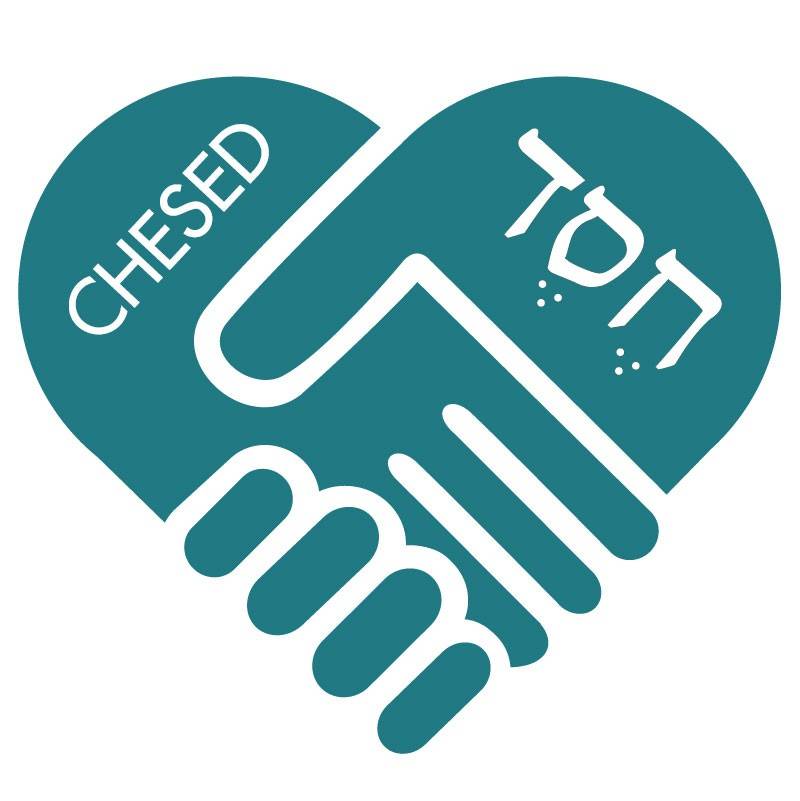
“Naomi said to her two daughters-in-law, ‘Each of you, go back to your mother’s house. May Adonai show grace to you, as you did to those who died and to me.'”-Ruth 1:8
There is one powerful Hebrew term you need to familiarize yourself with if you want to take your understanding of Holy Scripture to a whole other level.
In chapter one of the book of Ruth, the word appears in verse 8 when Naomi says to her daughters-in-law…
“Each of you, go back to your mother’s house. May Adonai show grace to you, as you did to those who died and to me.'”
The word for “grace” here is CHESED or חֶסֶד in Hebrew.
However, it’s one of those words that’s similar to the word SHALOM in that it has multiple meanings to it.
In our English Bibles, usually the word is translated into “loving-kindness” or some variation of that.
While that’s not wrong, that translation fails to capture the complexity and depth of this word.
It might be better to consider CHESED as a concept instead of one term.
Depending on the context, the word can mean something like “unbreakable loyalty”…
Other times it can mean “active love”.
In the Hebrew Bible, 99.9% of the time the word is connected to a covenant of some form or another.
In other words, CHESED refers to the mutual obligations two parties have towards each other in a covenant relationship like marriage for instance.
This is the sense in which Naomi is using the word here.
She’s telling the girls that since they were faithful to their dead husbands, she prays that in turn God will be faithful to them.
So we can see that CHESED is also a form of faithfulness.
This scene where all 3 women are wailing and crying out loud is a very sad but typical Middle Eastern reaction to the tragedy that has befallen them.
We can see just how strong and close the relationship between these women were with Naomi at the center of Ruth and Orpah’s affections.



God bless you sir
You too! Be blessed Abraham!